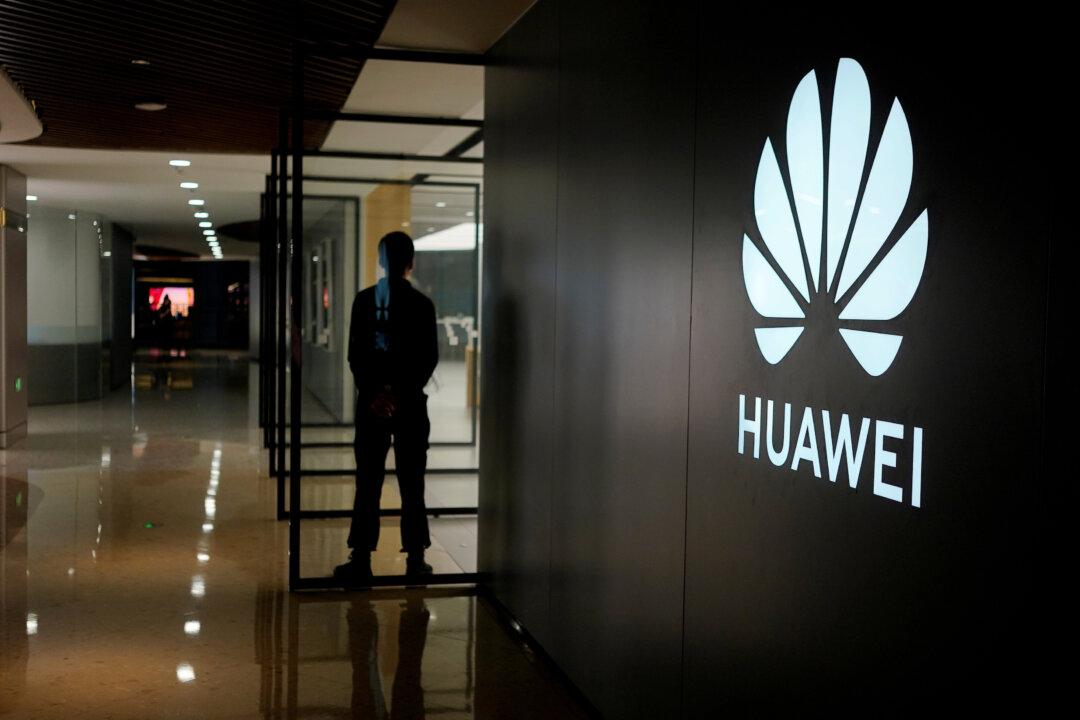SHENZHEN, China—Huawei Technologies is facing a public backlash in China after details of the dismissal and wrongful detention of a former employee went viral.
The treatment of Li Hongyuan, who had worked for the company for 13 years, has become one of the most discussed topics in recent days on China’s Twitter-like Weibo platform.





